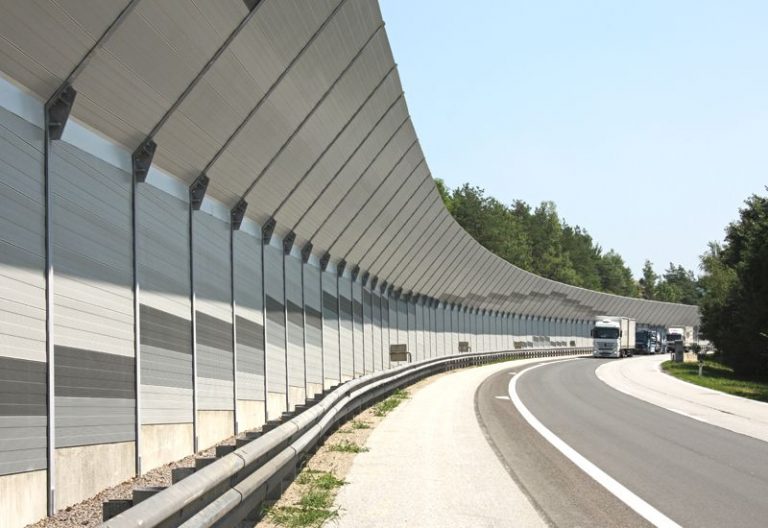In residential areas, noise pollution can be a significant concern, affecting the quality of life for residents. Installing sound barriers can offer numerous benefits, creating a quieter and more peaceful environment. Here are five advantages of implementing sound barriers in residential neighborhoods and when does a sound barrier break:
- Reduced Noise Pollution: One of the most obvious benefits of sound barriers is their ability to mitigate noise pollution effectively. Residential areas near busy roads, highways, or industrial zones often experience high levels of noise from traffic, machinery, or construction activities. Sound barriers act as a shield, absorbing and reflecting sound waves, thereby reducing the amount of noise that reaches nearby homes. However, when does a sound barrier break and reduces noise pollution can lead to improved sleep quality, reduced stress levels, and an overall better living environment for residents.
- Enhanced Privacy: Sound barriers not only block unwanted noise but also provide an added layer of privacy for residents. By obstructing the view and sound from outside sources, such as passing vehicles or pedestrians, sound barriers create a more secluded atmosphere within residential properties. This increased privacy allows residents to enjoy their outdoor spaces without feeling exposed to the outside world, promoting a sense of security and comfort.
- Property Value Appreciation: Installing sound barriers can positively impact the value of residential properties. Homes located in quieter neighborhoods with reduced noise pollution are generally more desirable to potential buyers. The presence of sound barriers signals to prospective homeowners that the area is peaceful and conducive to comfortable living. Consequently, properties in such neighborhoods may command higher selling prices and experience faster turnover rates compared to those without sound mitigation measures.
- Improved Health and Well-being: Exposure to excessive noise levels over time can have adverse effects on physical and mental health. Chronic noise pollution has been linked to stress, anxiety, sleep disturbances, and even cardiovascular problems. By installing sound barriers in residential areas, communities can help safeguard the health and well-being of their residents. Creating quieter environments promotes relaxation, better sleep quality, and overall improved mental and physical health outcomes for individuals and families living in the vicinity.
- Community Cohesion: Noise complaints and disputes among neighbors can strain community relations and lead to tension and discord. Sound barriers serve as a proactive solution to mitigate potential conflicts arising from noise disturbances. By effectively reducing noise levels and enhancing the overall quality of life for residents, sound barriers contribute to fostering a sense of harmony and cohesion within the community. Residents can enjoy a peaceful coexistence, free from the disturbances that noise pollution often brings, thus strengthening social bonds and promoting a sense of belonging.


